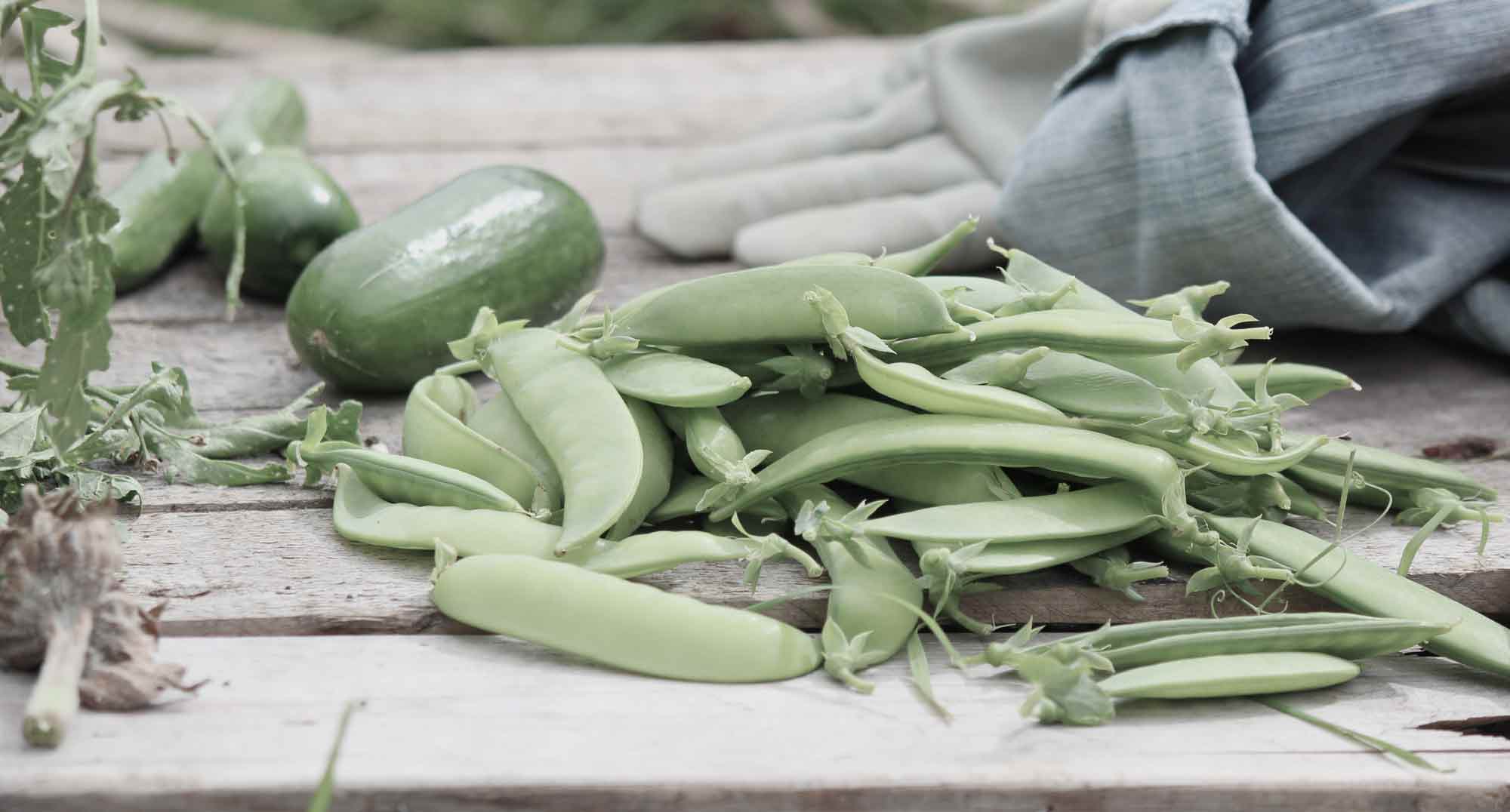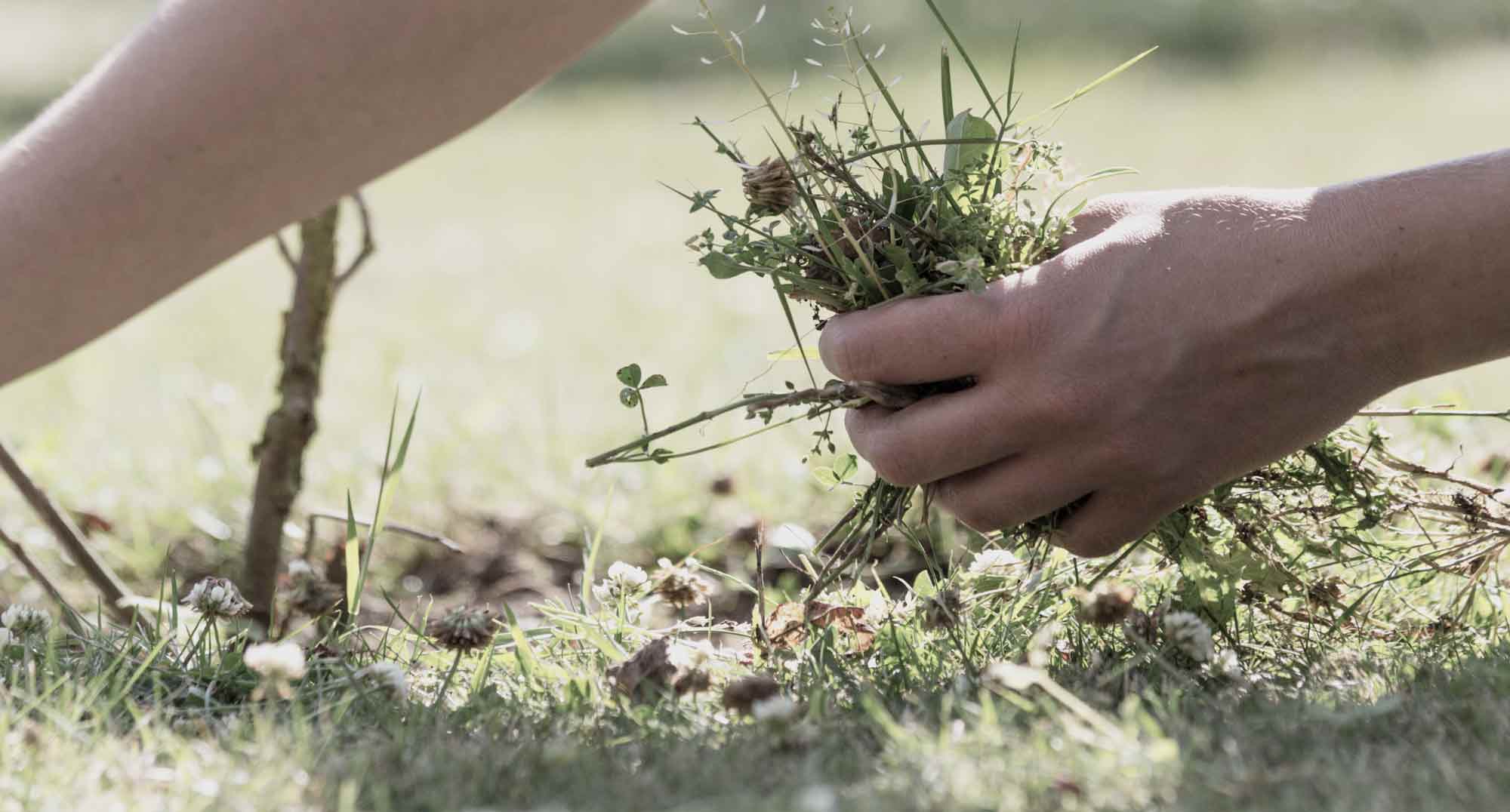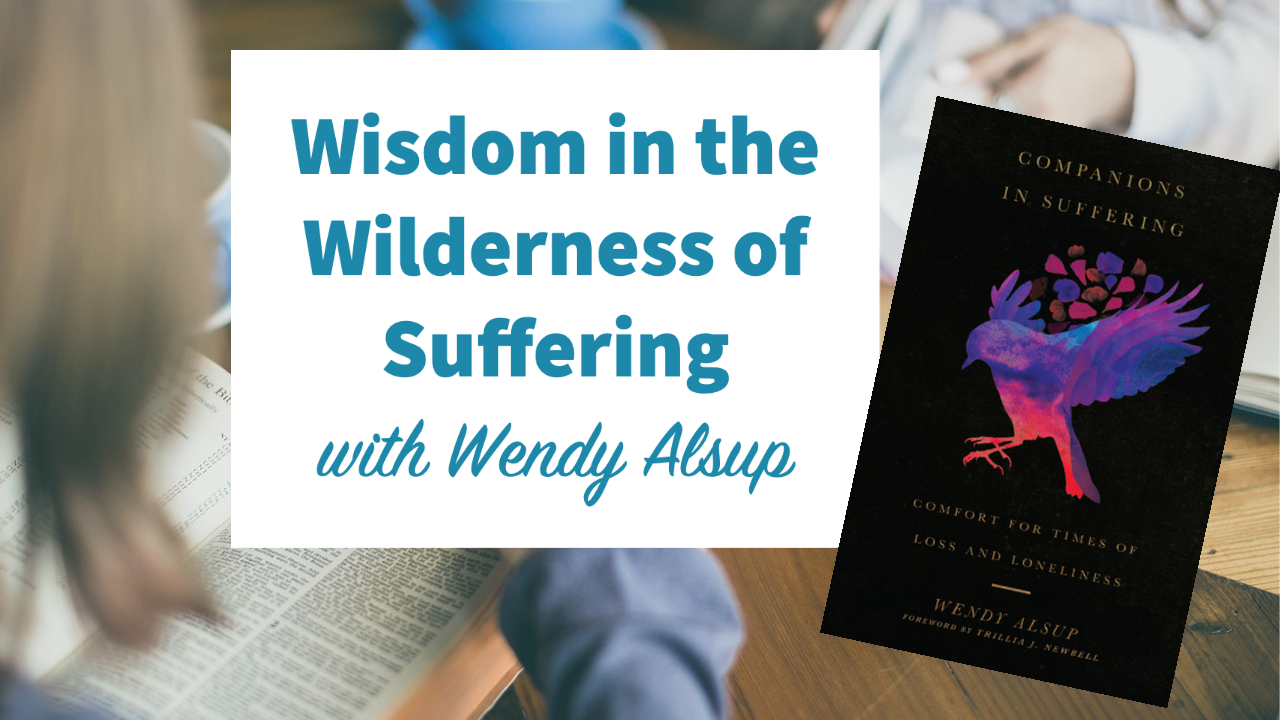Cultivating Community on Your Leadership Team
SHEA PATRICK|CONTRIBUTOR I’ve noticed a recurring theme in the phone calls I have received during my five years as a Regional Advisor on the PCA’s national women’s ministry team: the women’s ministry team at a particular church is unable to accomplish any of their goals because someone is trying to take over the team, or strife and conflict have caused relationships to completely break down. How can our leadership teams work together while loving and serving the church and each other well? I believe the answer is by working on the relationships between the women on the team. Even more, the relationships on our team can help our women’s ministry to support the mission and vision of the church or it can hinder these same things. We can take steps toward cultivating community on our team by doing two things: 1) remembering God’s design and 2) intentionally pursuing community...










